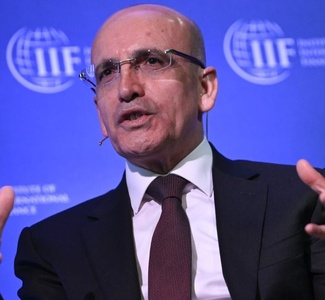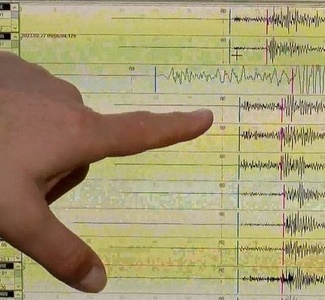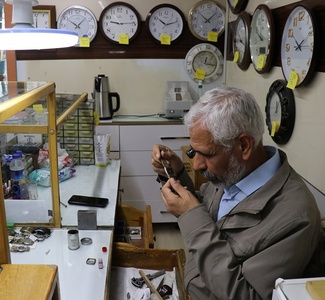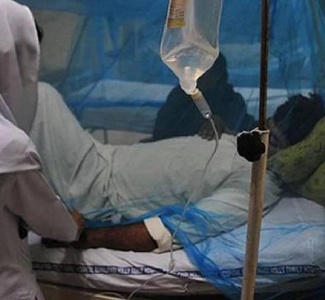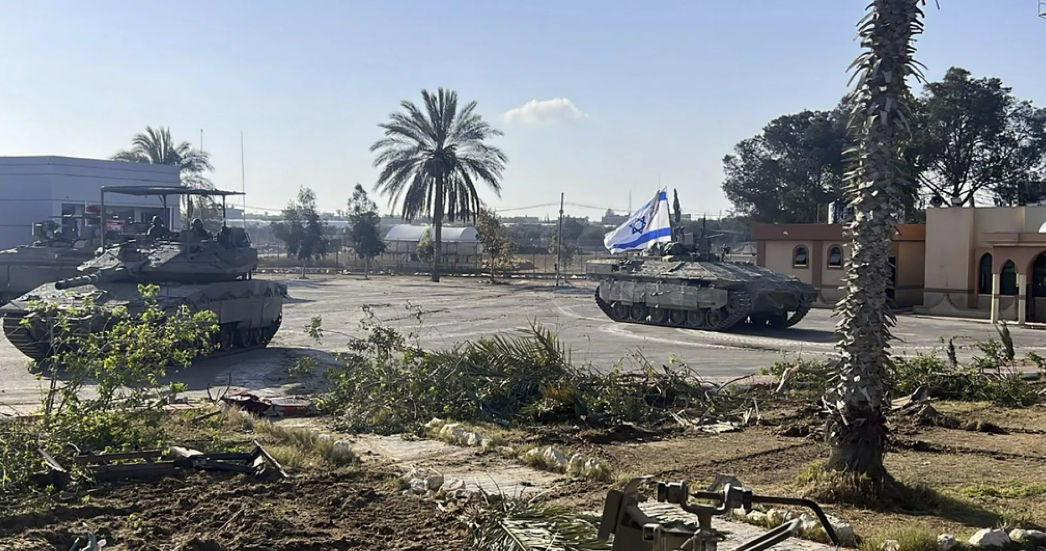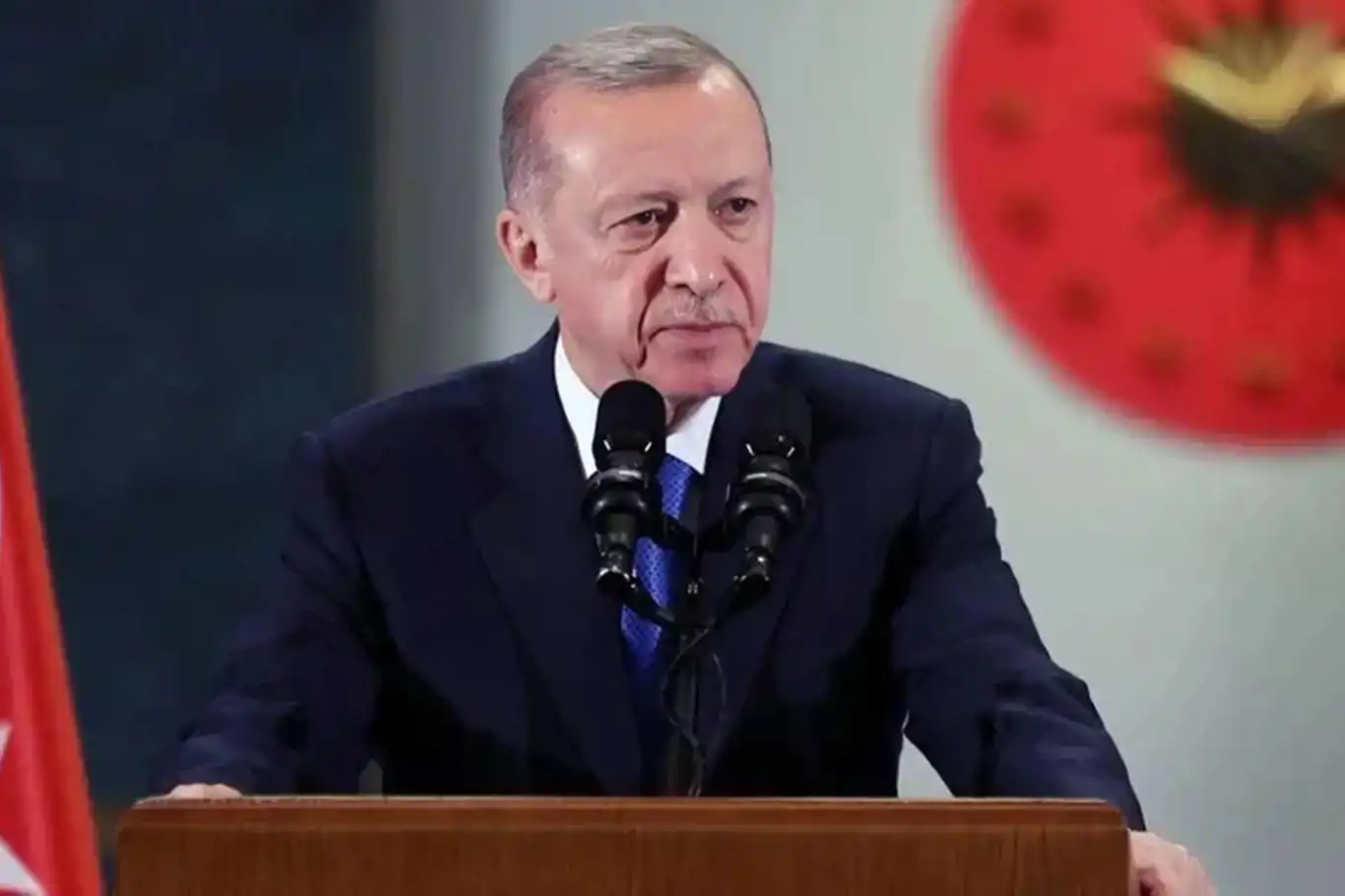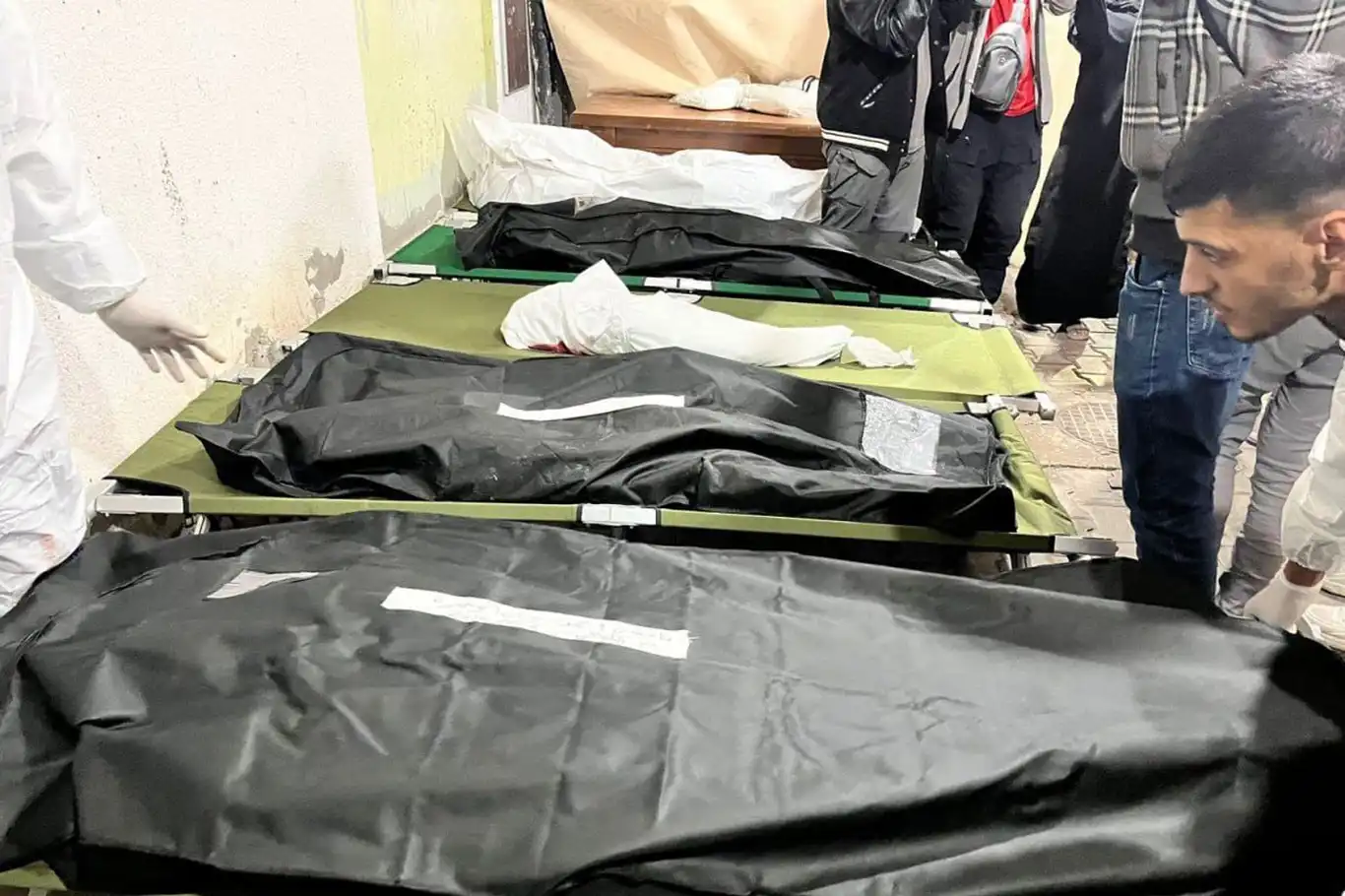WHO Chief warns of consequences of Kakhovka Dam destruction, urges support for affected region
The Director-General of the World Health Organization (WHO), Tedros Adhanom Ghebreyesus, issued a warning about the destructive impact caused by the destruction of the Kakhovka Dam in Ukraine.

 Google News'te Doğruhaber'e abone olun.
Google News'te Doğruhaber'e abone olun. He highlighted the widespread devastation, human suffering, and severe flooding resulting from the incident, which has led to the displacement of communities and significant damage to infrastructure and the environment.
Speaking at a media briefing, Ghebreyesus emphasized the critical consequences for the region's water supply, sanitation systems, and public health services. He stressed that the impact on these vital services should not be underestimated.
In response, the WHO swiftly mobilized to support local authorities and healthcare workers in implementing preventive measures against waterborne diseases and enhancing disease surveillance. A dedicated team is currently in the field, continually assessing the health needs of those affected.
Ghebreyesus further announced that the WHO would be providing additional supplies in the coming days to strengthen access to healthcare services in the affected region. The organization remains committed to supporting the local population and addressing the health challenges arising from the disaster.
On Tuesday, the Kakhovka Dam in Ukraine, situated on the Dnieper River in Kherson Oblast, suffered a breach, resulting in widespread flooding. The dam had been under the control of the Russian military since the beginning of the Russian invasion of Ukraine.
Reports from both Ukrainian and Russian sources indicated that sounds resembling explosions were heard from the hydroelectric power station within the dam between 02:00 and 02:30 local time on June 6. Experts in engineering and munitions suggested that the most likely cause was an internal blast.
The Institute for the Study of War stated on June 6 that the available evidence, reasoning, and rhetoric strongly suggested that Russian armed forces were responsible for the destruction of the dam.
Prior to the breach, water levels in the Kakhovka Reservoir had been steadily rising for months, reaching a 30-year high. As a result, thousands of residents living downstream were evacuated, and numerous villages in both Ukrainian- and Russian-controlled areas became submerged in floodwaters.
While the loss of water from the reservoir could pose long-term threats to the water supply of Russian-controlled Crimea and the Zaporizhzhia Nuclear Power Plant, as of now, there were no immediate risks to either. (ILKHA)
































